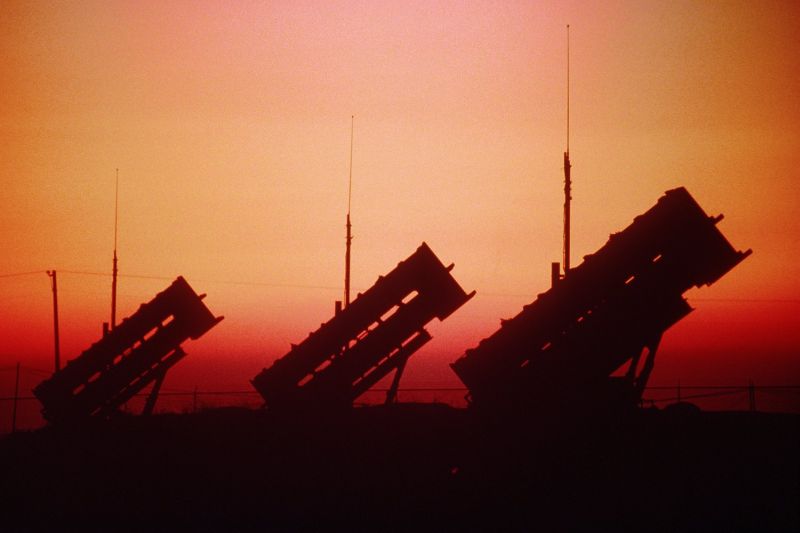NATO defense ministers meeting here Oct. 21-22 agreed to hold regular major training exercises with a broader scope under what it calls its “connected forces initiative” beginning in 2016; announced progress with plans for its post-2014 support mission in Afghanistan; and discussed cyberdefense and missile defense.
With regard to the connected forces initiative, “there will be more troops, assets and command structures. The idea is to keep up the interoperability between NATO nations built up in Afghanistan so that this does not suffer when the Afghan mission ends. It is also to encourage partner nations to stay involved,” said a NATO official.
“An even more rigorous and systematic approach to our training and exercises is key in reaching our goal of NATO Forces 2020: Modern, tightly connected forces, equipped, trained, exercised and commanded so that they can operate together, and with partners, in any environment,” NATO Secretary General Anders Fogh Rasmussen said in a press release.
Rasmussen also announced that the alliance will hold a major live exercise in 2015 that will involve numerous deployed forces on land, sea and in the air. Spain, Portugal and Italy offered to host the exercise.
“From 2016 onwards, we will conduct such major live exercises on a regular basis, with a broader scope and covering the full range of alliance missions,” the secretary general said at a press conference. He added, “we have also agreed today to draw up a broader concept for training and exercises up to 2020.
“We have agreed on the key elements of that program. And we have agreed that our experts will now work on it as a matter of priority, ahead of next year’s NATO Summit in the United Kingdom.”
Post-2014 Afghanistan Mission
NATO allies and International Security Assistance Force (ISAF) partners discussed with their Afghan counterparts planning for the post-2014 mission to train, advise and assist Afghan Security Forces.



,+HEAT,+and+HE-FRAG+125+mm+ZPT98+digital+battlefiel+(4).jpg)







